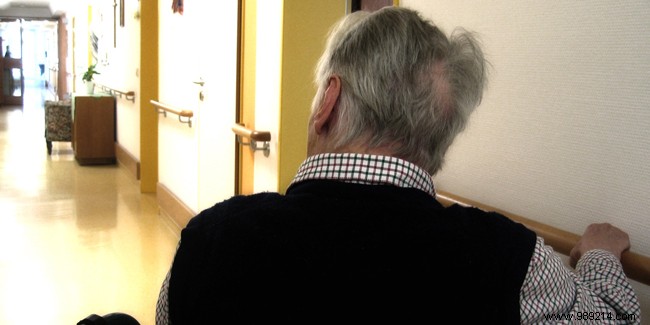
Elder abuse encompasses any physical or psychological harm inflicted on seniors by a third party, whether they live in nursing homes, other senior facilities, or at home. According to the World Health Organization (WHO), 3% of older adults in Europe experienced mistreatment in 2019—a low figure, yet deeply concerning. As a family member, how can you identify signs of abuse in your loved one's nursing home (EHPAD) and take action if needed?
In nursing homes for dependent seniors, mistreatment can manifest in various ways. Watch for these red flags that may indicate your relative is affected.
Common forms of elder abuse include:
In nursing homes or similar facilities, staff neglect—if it causes harm—also qualifies as abuse. For instance, if your loved one is frequently left alone, denied necessary care, or deprived of meals, this is a serious issue.
The Little Brothers of the Poor association, dedicated to combating senior isolation, highlights additional warning signs: unusual fear or suspicion, excessive calmness, depression, insomnia, appetite loss, disinterest in activities, seeking permission from others to speak, or complaints of financial shortages.
Mistreatment in nursing homes often stems not from individual staff malice but from systemic issues like poor organization or understaffing. Chronic shortages mean caregivers, despite good intentions, lack time for personalized care, leading to unintended neglect or exhaustion-driven lapses.
This makes it challenging for families to discern true well-being. However, nursing homes must legally prevent abuse and support residents.
As a family member, engage with the Conseil de la Vie Sociale (CVS), which includes resident, family, and staff representatives. It influences service quality, living conditions, regulations, and facility plans—a vital tool for oversight.
Look for the Humanitude® label, a certified trademark ensuring dignity-focused care and abuse opposition.
Nationally, since 2018, the Commission for Combating Abuse and Promoting Good Treatment (under HCFEA and CNCPH) advances shared terminology, local coordination for risk management, and citizen initiatives for awareness.
If you suspect mistreatment, act promptly. Start by discussing concerns with the staff supervisor or director for internal resolution.
For guidance, call the national helpline at 3977, run by the Federation of 3977, where advisors help navigate steps and may refer to local authorities.
Report to the Regional Health Agency (ARS) or the departmental medical order council for inspections, which can enforce corrections or closures in severe cases, per the National Information Portal for Seniors.
In life-threatening situations, alert the Public Prosecutor for aiding persons in danger, or contact police/gendarmerie, as per the Penal Code.